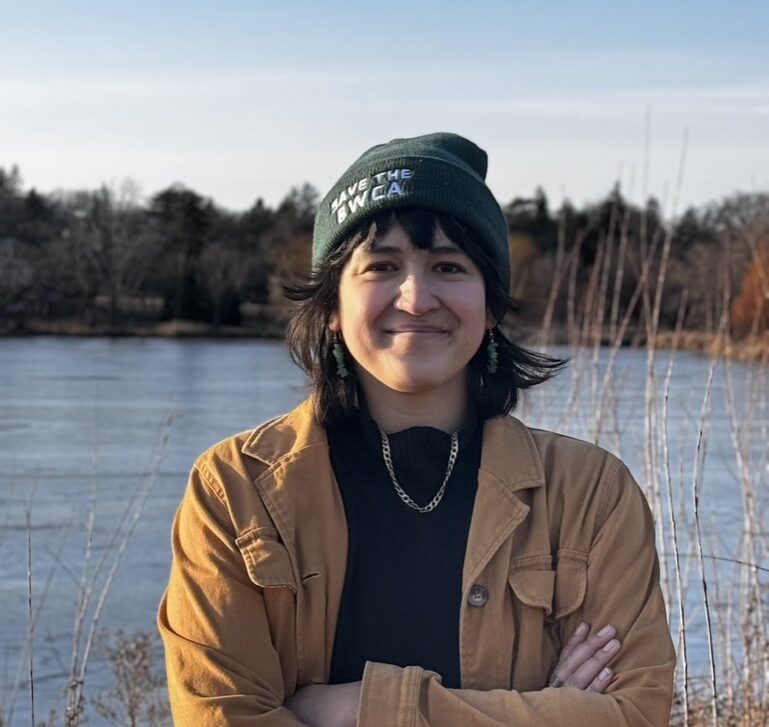We've set great goals for decarbonisation and electrification for our state – goals that are necessary for us to hit. Now, instead of drafting more bills that have more goals, we need to draft bills and policies that create pathways into the green economy. The Rise Up Center in 61A, which will be built soon, is a space for low income and BIPOC folks to get training to enter the green economy. That's incredibly important. That's going to be in my district. That's going to be a priority for me to track the implementation and analyze how it works.
Weatherization is incredibly important. The most fiscally sound way to do weatherization is to do it now. Every year we see flooding around the state. If we don't weatherize against climate change proactively, it's going to cost us even more money to fix. On the front end, we need to make our buildings and our infrastructure more resilient – as well as working on implementation of new electrification and new energy standards.
When we're talking about families and 61A – we have families of all income. We have families who are really high income. We have families who are living far below the poverty line. When we're talking about climate and energy, we need to make sure that people have their own power and their own say over how much they're helping the world.
Right now, there are rebates for solar, and that's all great. I'm thinking of families who are renting homes and families who are in situations where they don't have a say in the energy efficiency of where they're renting. If your energy source is not efficient, you're going to be paying a lot more on utilities.
I want to work on legislation with folks who are really strong on renters rights like Rep. Esther Agbaje and Rep. Howard to make sure renters have a say. At my apartment, the boiler is ranked low. That means my energy bill is higher every month. I have no say if my landlord would ever put in something more efficient. That's something worth tackling too.
Of course, above all else, holding polluters accountable is a very important thing.
61A is a district that really loves multi-modal transit. We have bike lanes. We have Hennepin and Lyndale, so a lot of buses come through our streets. We have downtown, which has bus rapid transit, regular bus lines, a light rail, and so many bike trails around the lake.
In our district, there's a concerted effort to see less vehicle miles traveled. We need to create a transit system that's accessible for everyone. Not just accessible for folks who maybe are dealing with a disability and physically accessible, but also accessible in the sense of using public transit can be intimidating, and making sure that our transit system is set up for folks to hop on a bus and know where they're going.
One reason a lot of folks don't want to use transit is because they perceive it as unsafe, or because friends who are unhoused have substance abuse issues and they use substances around transit stations. We need to make sure that folks are safe on transit, and that they're comfortable on transit, and everyone around transit has the services that they need.

